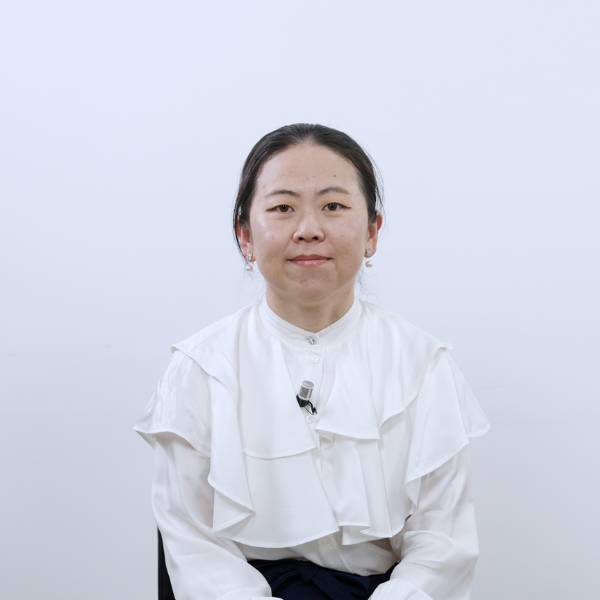Our research investigates how management interventions can facilitate user adaptation to new information technology across implementation stages and usage contexts. Drawing on the Coping Model of User Adaptation, we propose a 2×2 coping framework, showing that tailored interventions—such as training, user participation, feedback handling, and change fairness—differently shape users’ beliefs (perceived usefulness and ease of use) and coping mechanisms. Empirical studies in both mandatory (police officers) and voluntary (university students) settings confirm that communal coping dominates in mandatory contexts while individual coping prevails in voluntary ones. Pre-implementation beliefs strongly influence post-implementation perceptions, and deep usage significantly enhances user performance and satisfaction. The study offers theoretical insights into adaptive processes and practical guidance for managers aiming to improve IT implementation success.




